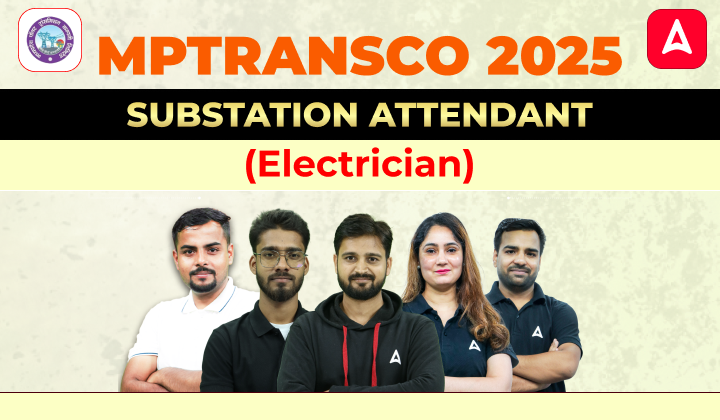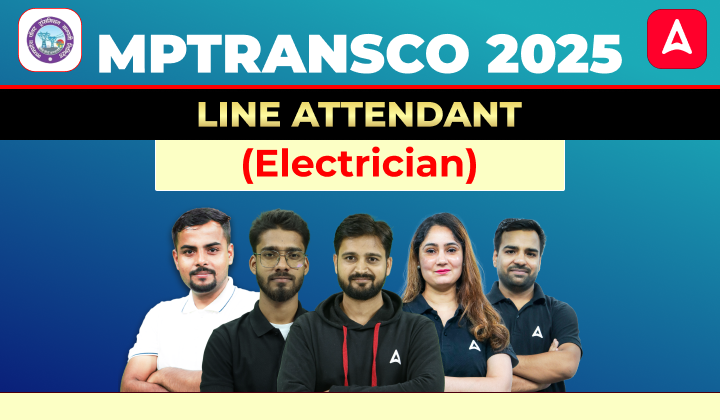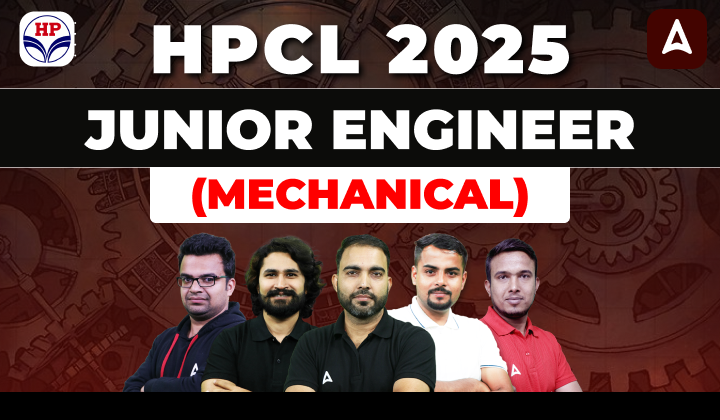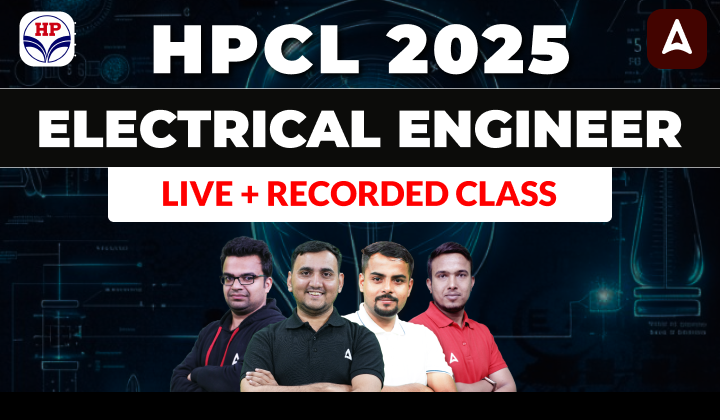Table of Contents
In India, many engineering graduates dream of getting a stable and respected job after completing their degree. Some look for private sector jobs, while others aim for government jobs. One such popular government job is SSC JE, which stands for Staff Selection Commission Junior Engineer. Many students wonder if SSC JE is a good career option for them. In this article, we will explore what SSC JE is, its benefits, and whether it is a good choice for engineering graduates.
What is the SSC JE Exam?
The SSC JE exam is conducted by the Staff Selection Commission to recruit Junior Engineers in various government departments. It is held for different engineering branches like Civil, Mechanical, and Electrical. Selected candidates are appointed in departments like CPWD (Central Public Works Department), MES (Military Engineer Services), BRO (Border Roads Organization), CWC (Central Water Commission), and others. The post of Junior Engineer is a Group B, Non-Gazetted position. This means it is not a high-level officer post, but still, it holds a good reputation and provides various benefits.
Why Do Engineering Graduates Choose SSC JE?
Engineering graduates often consider SSC JE a good career option because it offers job security, regular salary, timely promotions, and respect in society. In today’s world, where private jobs may not always be stable, SSC JE provides a secure and peaceful working environment. Also, the competition is not as high as exams like UPSC or GATE, which makes it more achievable for many students.g
Job Profile and Responsibilities of SSC JE
Once selected, the Junior Engineer has to take care of technical work in their respective departments. Their tasks may include preparing project reports, maintaining records, supervising construction work, ensuring quality control, and managing contractors. The work may be field-based or office-based, depending on the department and posting location. For example, a Civil Engineer in CPWD may be responsible for constructing and maintaining government buildings, roads, and bridges. An Electrical Engineer may work on power supply systems in government buildings, while a Mechanical Engineer may look after mechanical systems like water pumps, lifts, and heating systems.
Salary and Perks of SSC JE
Salary is an important factor when deciding on a job. The SSC JE post comes under Level-6 of the 7th Pay Commission, which means the basic pay is Rs. 35,400 per month. After adding other allowances like DA (Dearness Allowance), HRA (House Rent Allowance), and TA (Travel Allowance), the in-hand salary becomes around Rs. 50,000 per month, depending on the posting location.
Along with a decent salary, Junior Engineers also enjoy other benefits like:
- Pension scheme
- Medical facilities
- Leave benefits
- Travel allowances
- Timely promotions
These perks make it an attractive job for young engineers who want a stable life and career growth.
Work-Life Balance and Job Pressure
Compared to private sector jobs, SSC JE offers a much better work-life balance. The working hours are usually fixed, with limited overtime. There are holidays on weekends, and government holidays are also observed. Engineers can spend time with family, pursue hobbies, or prepare for higher-level exams.
Moreover, the job pressure is manageable, especially in departments like CPWD or CWC. Of course, some departments like BRO may have postings in remote areas, but even there, proper facilities and allowances are provided. This kind of peaceful and balanced life is often missing in private companies, where long working hours and high targets are common.
Growth Opportunities and Promotions
Many people think that government jobs have slow growth. While this is partly true, SSC JE still offers regular promotions based on experience and departmental exams. A Junior Engineer can be promoted to Assistant Engineer, then Executive Engineer, and finally Superintending Engineer in some cases. Promotions may take time, but the career growth is steady and ensures a good salary hike at each stage.
Comparison of SSC JE with Other Government Jobs
| Criteria | SSC JE | RRB JE | State AE/JE | PSU Jobs (via GATE) |
|---|---|---|---|---|
| Conducting Body | Staff Selection Commission (SSC) | Railway Recruitment Board (RRB) | Respective State Public Service Commissions | Different PSUs like BHEL, ONGC, NTPC, etc. |
| Job Role | Junior Engineer in Central Govt departments | Junior Engineer in Indian Railways | Assistant/Junior Engineer in state departments | Graduate Engineer Trainee or similar posts |
| Salary (Starting) | ₹44,000 to ₹50,000 approx (in-hand) | ₹42,000 to ₹48,000 approx | ₹45,000 to ₹55,000 (varies by state) | ₹60,000 to ₹70,000 (CTC, varies by PSU) |
| Job Location | Across India (CPWD, MES, CWC, etc.) | Across Indian Railways zones | Limited to the respective state | Mostly metro or project-based locations |
| Promotion & Growth | Moderate, with departmental exams | Slow to moderate | Depends on the department; AE has a better scope | Fast-track growth with performance |
| Selection Process | CBT (Paper 1 & 2, no interview) | CBT (2 stages), Document Verification | Varies: Written + Interview sometimes | GATE score + Interview |
| Exam Difficulty | Moderate | Moderate | Moderate to High | High (due to GATE competition) |
| Work Pressure | Moderate, site & office mix | Depends on the role/location | Varies, can be site-heavy in PWD or WRD | Project-based, can be high |
| Job Security | Very High | Very High | Very High | High to Very High (varies by PSU) |
SSC JE is a great option for:
- Students who want a stable and secure job
- Those who want to work in the technical field
- People who prefer government job perks and respect
- Engineers who could not get into the PSUs or UPSC
- Candidates are looking for early job entry after graduation.
What are the key responsibilities of the SSC JE?
The SSC Junior Engineer (JE) plays an important role in various government departments like CPWD, MES, Railways, and more. The main responsibility of an SSC JE is to assist senior engineers in planning, designing, and executing various construction and maintenance projects. These projects can include roads, bridges, buildings, water systems, and electrical works, depending on the department they are posted in.
A Junior Engineer is also responsible for preparing reports, maintaining records, and making sure the work follows government standards and safety rules. They must visit project sites to inspect the quality of work, check the progress, and ensure that the work is completed on time. SSC JEs are also expected to estimate the cost and quantity of materials needed for different projects.
In addition to technical work, they may be involved in managing workers, assigning daily tasks, and ensuring smooth workflow at construction or maintenance sites. They play a key role in solving minor technical issues on-site and giving updates to higher officials. Overall, SSC JEs support infrastructure development across the country and ensure that projects are done in a cost-effective, timely, and efficient manner. Their contribution is vital to the smooth functioning of public sector projects.

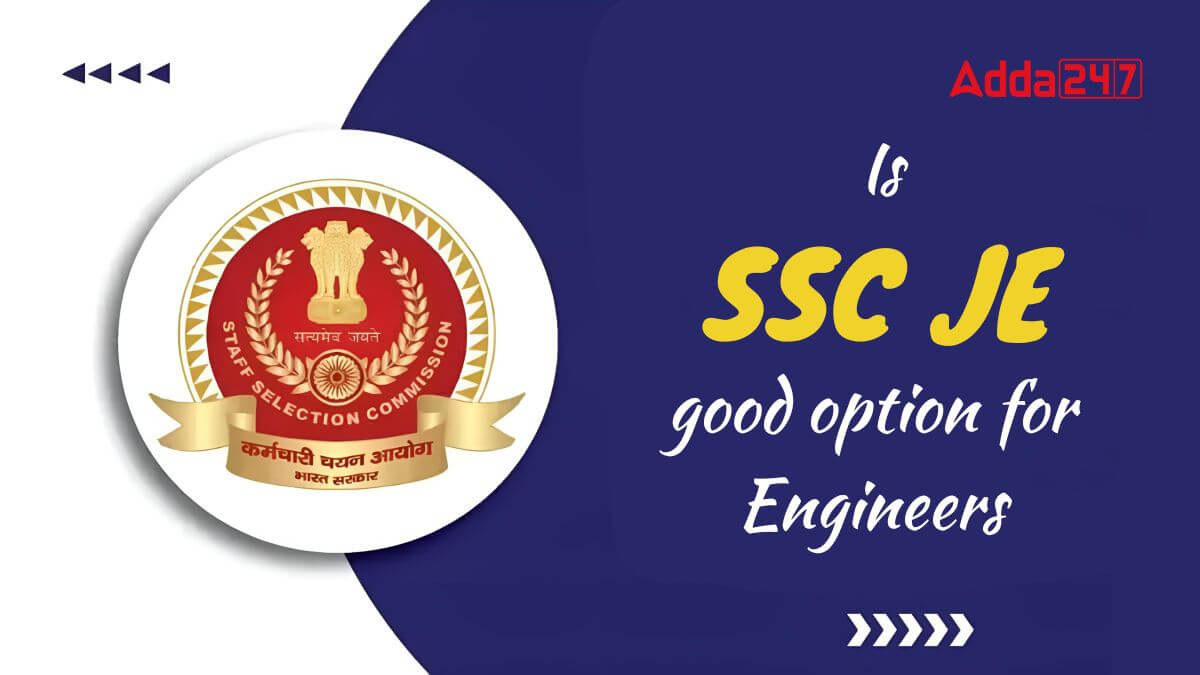
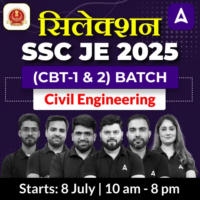

 BPSC AE Question Paper 2025, Direct Down...
BPSC AE Question Paper 2025, Direct Down...
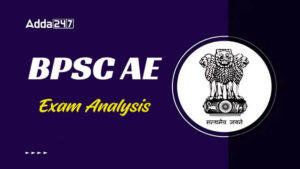 BPSC AE Exam Analysis 2025 Out, Difficul...
BPSC AE Exam Analysis 2025 Out, Difficul...
 How to prepare for SSC JE 2025 Mechanica...
How to prepare for SSC JE 2025 Mechanica...




